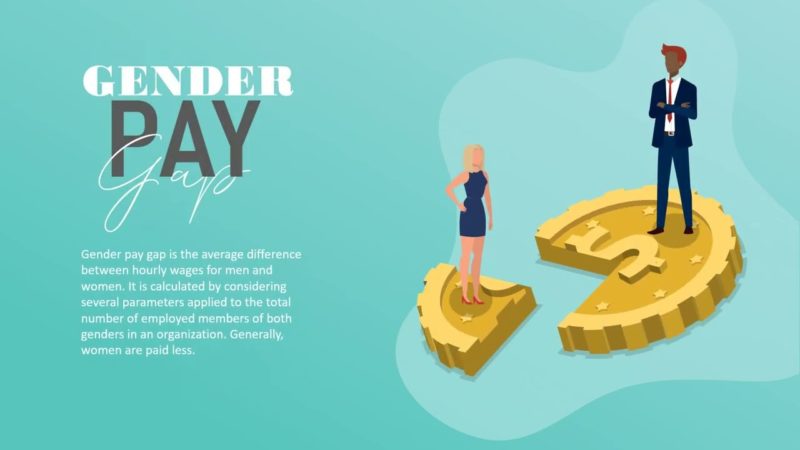In today’s world, women continue to face one of the most significant challenges—the gender pay gap. This issue not only affects their financial security but also hampers their career growth and overall well-being. Contrary to popular belief, the gender pay gap is not solely a result of women working in lower-paying industries or choosing part-time employment. Even women with equivalent education, experience, and job titles as men earn less. Consequently, this disparity limits women’s career advancement opportunities and their potential to earn higher wages in the future.
Working mothers, in particular, bear the brunt of the gender pay gap, as they navigate the delicate balance between work and motherhood amidst financial insecurity. Due to the pay gap, women often have less disposable income available to invest in their education, career development, and long-term goals. This financial constraint makes it harder for them to save for retirement, purchase a home, or provide for their families.
However, the gender pay gap is not just an individual issue—it has broader societal implications. By reinforcing gender-based discrimination, this disparity perpetuates a cycle of inequality. If women were given equal opportunities and fair wages, it could lead to significant economic growth and development.
Addressing the gender pay gap requires action at multiple levels—individual, organizational, and policy. Women can take charge by negotiating for higher salaries, seeking mentorship and networking opportunities, and pursuing further education and training to advance their careers. In addition, support and advocacy are crucial within workplaces and communities.
Employers, too, play a vital role in promoting gender equality. They can take steps such as conducting regular pay equity audits, implementing fair hiring and promotion practices, providing flexible work arrangements, and offering parental leave and childcare benefits. Governments can contribute by enacting legislation that promotes pay equity and prevents gender-based discrimination. Measures like equal pay laws, affordable childcare provisions, and investment in women’s education and training programs can make a significant difference.
As we strive for gender equality, it is essential to acknowledge and address the challenges faced by women. Creating a more balanced and supportive society requires tackling systemic issues, including gender bias and discrimination, both in the workplace and in society as a whole.
Rather than solely focusing on empowering women, it is crucial to recognize and celebrate the inherent power and potential that women already possess. By creating an inclusive and equitable world for all individuals, regardless of gender, we can overcome these challenges. This calls for a collective effort to challenge and change societal norms and perceptions.
Women remain steadfast in their commitment to advocating for gender equality in the workforce and ensuring that they can achieve their full potential. By working together, we can close the gender pay gap and forge a more balanced and supportive world for all.


